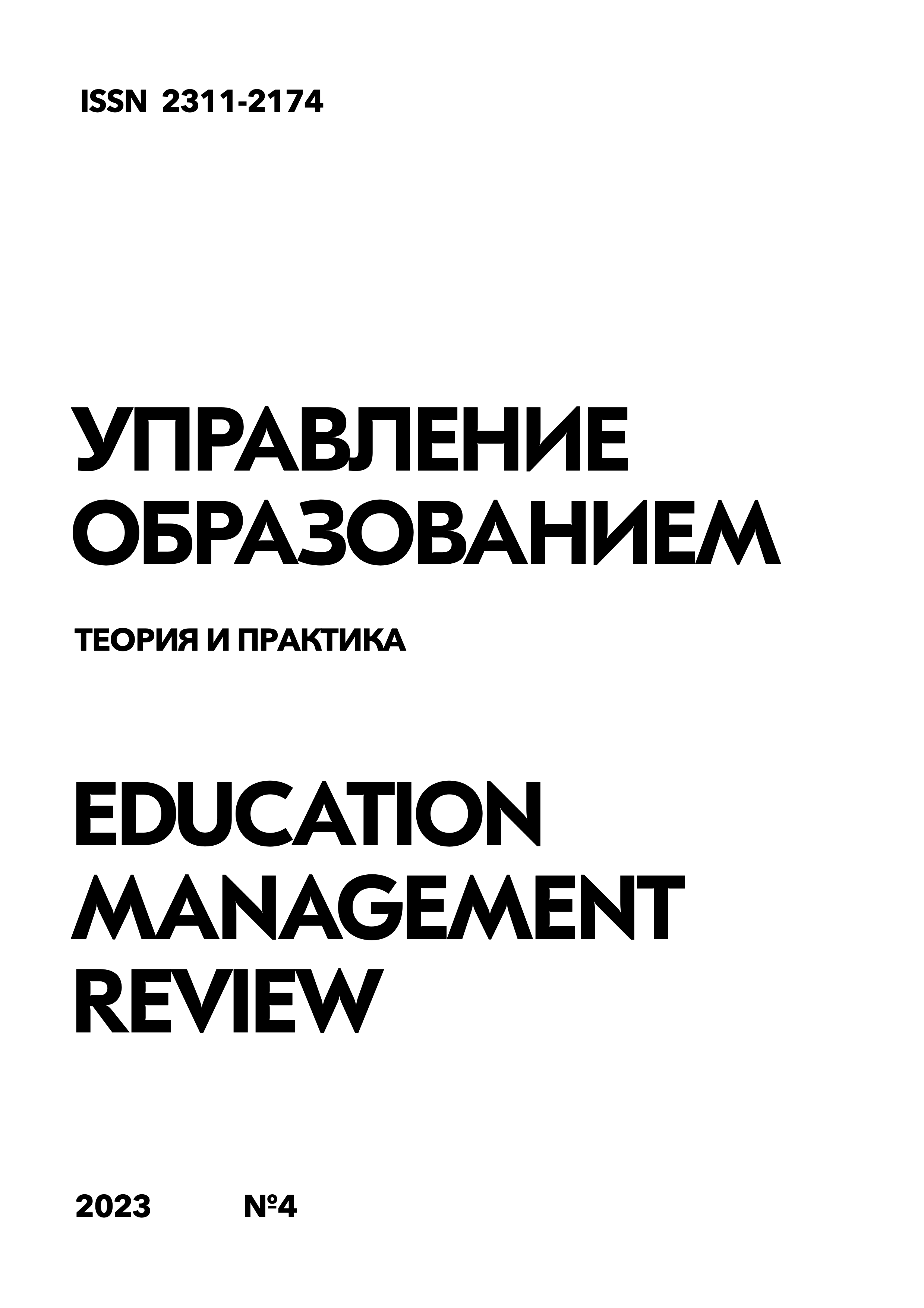The specifics of teaching professional terminology in a foreign language class at a non-linguistic university
DOI:
https://doi.org/10.25726/r6261-4695-7392-qKeywords:
vocabulary, term, semantic field, drug terminology, foreign language, law institute, training profile, training strategyAbstract
The article is devoted to the issues of teaching English terminology in foreign language classes in educational institutions of the system of the Ministry of Internal Affairs of Russia. The necessity of taking into account the priority profile of the training of future police officers is emphasized. An overview of currently existing definition (terminological) dictionaries is given, the content of which is vocabulary, united within the framework of drug topics. The author's method of working with the English terminological system of the sphere of drug trafficking is given on the example of the central component of the semantic field "drugs" – the term "drug". It is concluded that there is an increase in motivation for the study of professional foreign vocabulary due to the involvement of extralinguistic information.
References
Арская М.А., Куприянчик Т.В., Ермякина Н.А. Борьба с незаконным оборотом наркотиков (Fighting Illicit Drug Trafficking) : русско-английский и англо-русский словарь. Красноярск: СибЮИ МВД России, 2019. 200 с.
Бочарникова С.В. Обучение основам иноязычной терминологии как современное требование профессиональной подготовки специалистов // Научно-методический электронный журнал «Концепт». 2014. Т. 20. С. 2276–2280.
Всемирная организация здравоохранения. (1996). Словарь терминов, относящихся к алкоголю, наркотикам и другим психоактивным средствам. Всемирная организация здравоохранения. https://apps.who.int/iris/handle/10665/85367
Князева А.И. Проблема определения понятия «термин» в переводческом аспекте и перевод терминов на примере текста нефтегазовой отрасли // Молодой ученый. 2020. № 23 (313). С. 698- 701.
Лингвистический энциклопедический словарь / под ред. В.Н. Ярцевой. М.: Советская энциклопедия, 1990. 685 с.
Нестерова В.Е. Учет специфики английской юридической терминологии при реализации компетентностного подхода в обучении иностранному языку // Правопорядок: история, теория, практика. 2020. №4(27). С.85-88.
Овчинникова О.М. Структурно-логические схемы в обучении иноязычной экономической терминологии // Филологические науки. Вопросы теории и практики Тамбов: Грамота, 2013. № 11 (29): в 2-х ч. Ч. I. C. 122-127.
Пушкарёва И.А. Обучение терминологии на занятиях по иностранному языку // Вестник Санкт-Петербургского университета МВД России. 2017. №3 (75). С.188-190.
Юрьева Е.В. Слоган социальной рекламы как субжанр рекламного дискурса // Вестник ВолГУ. Серия 2. Языкознание. 2016. Т. 15. № 4. С. 114-121.
Drug. Online Etymology Dictionary. https://www.etymonline.com/word/drug
Sutton M (2013) Mythbusting Protest. Wikipedia Myth Number 26. The Drug Czar Myth. Best Thinking. November 26th. 2013. URL: https://dysology.blogspot.com/2017/12/the-drug-czar-myth.html (дата обращения: 10.04.2023).
UNODC World Drug Report 2022 (United Nations publication, 2022). URL: www.unodc.org/unodc/en/data-and-analysis/world-drug-report-2022.html (дата обращения: 05.04.2023).
World Health Organization. (1994). Lexicon of alcohol and drug terms. World Health Organization. URL: https://apps.who.int/iris/handle/10665/39461 (дата обращения: 03.04.2023).

